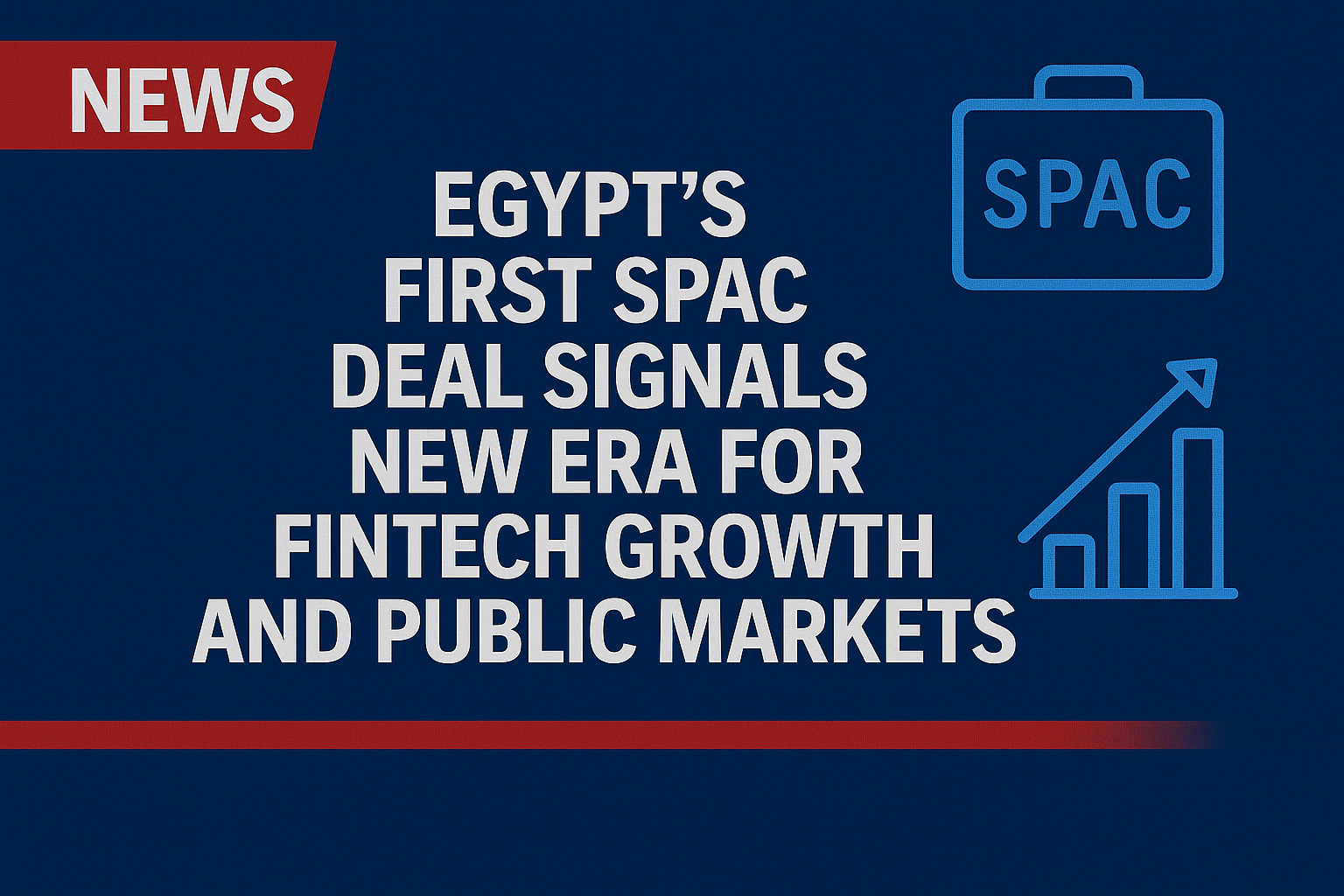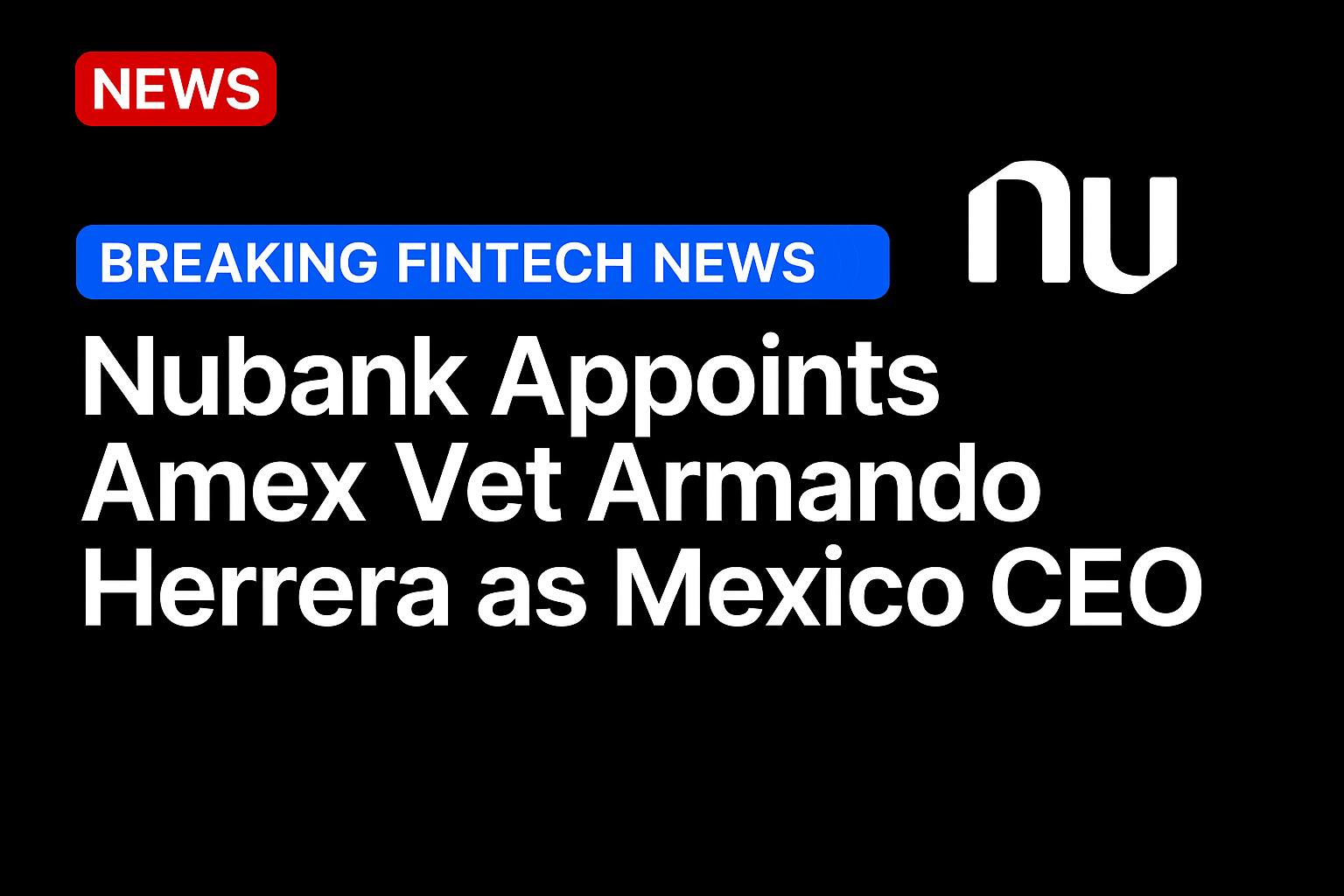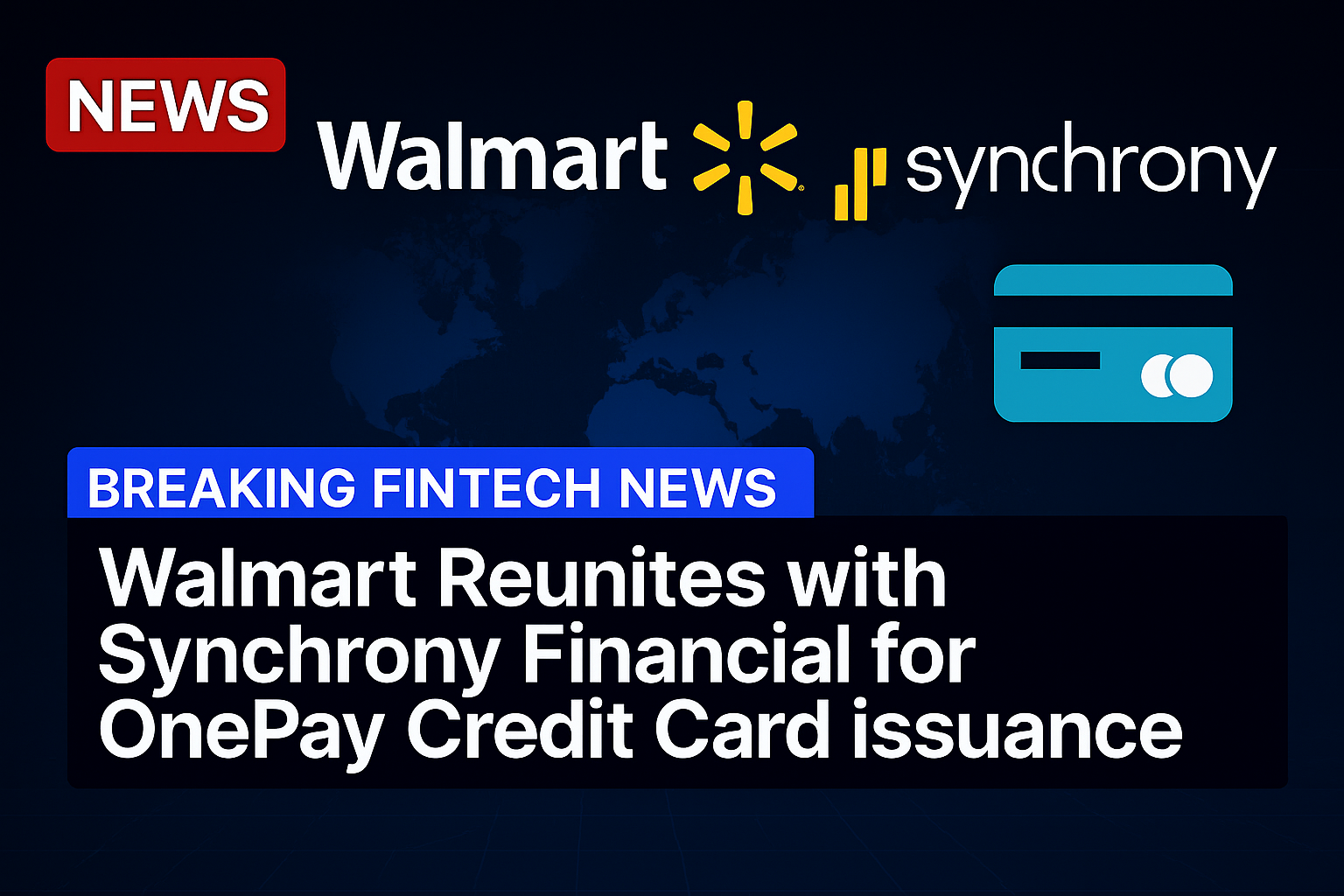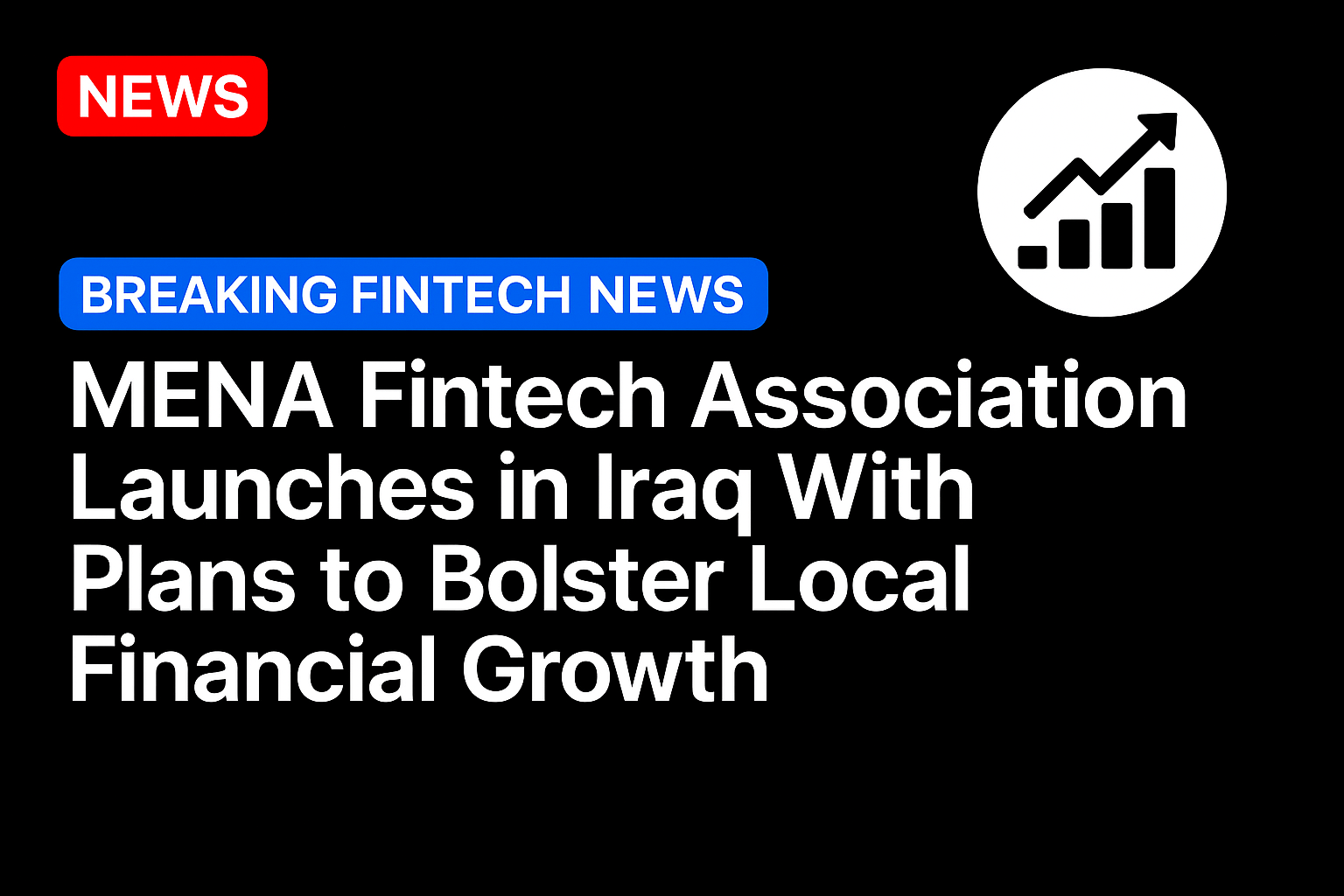In a historic development for Egypt’s financial sector, Catalyst Partners Middle East finalized the nation’s first special purpose acquisition company (SPAC) merger by acquiring digital lending startup Qardy in a transaction worth EGP 1.16 billion (approximately $23.15 million).
Announced this week, the deal marks Qardy as the first fintech startup in Egypt to go public through a SPAC structure—a relatively new approach in the region that is anticipated to grow in popularity in the coming years.
Established in 2022 by Abdel Aziz Abdel Nabi, Aser Yahya, and Tamer El-Manesterly, Qardy functions as a digital lending platform linking small and micro enterprises (SMEs) with financial institutions. The startup provides loans, factoring, and leasing services to help address the financing needs of underserved parts of the Egyptian economy.
“This deal affirms our joint dedication to innovation in non-banking financial services and supporting SMEs,” Qardy stated. “Through this merger, we will maintain operations with our current team and platform, while gaining access to capital, infrastructure, and long-term strategic support to accelerate our growth.”
Catalyst Partners Middle East—an affiliate of Cairo-based impact investment advisory firm Catalyst Partners—became Egypt’s first approved SPAC after obtaining approval from the Financial Regulatory Authority (FRA) in September 2024. The Qardy acquisition is carried out through a full or partial share swap, with Catalyst issuing new shares in exchange for all of Qardy’s equity.
This move marks an important milestone for Egypt’s emerging SPAC market, viewed as a promising alternative route to funding and public listings for high-growth startups. It also represents Catalyst’s first public deal as part of its strategy to acquire several companies in fintech and non-banking financial services.
Catalyst’s chairman, Maged Shawky, stated that the firm plans to acquire six to ten companies, with at least two from the fintech sector. The acquisition of Qardy is the first significant step in this strategy and aligns with national economic objectives to enhance financial inclusion and promote private sector-led growth.
Although just over three years old, Qardy has shown swift growth and a strong product-market fit in a mostly underserved financial sector.
Since its launch, the startup has gained over 6,000 corporate clients and processed more than $12 million in loan transactions via its platform. It has established partnerships with multiple Egyptian banks and non-banking financial institutions, offering financing solutions designed to meet the working capital and growth requirements of MSMEs.
In August 2024, Qardy secured a seven-figure pre-seed funding round supported by investors such as White Field Ventures, Vastly Valuable Ventures, and several angel investors. The funds were intended for regional expansion and technology infrastructure improvements—goals that are now expected to accelerate under Catalyst’s ownership.
Catalyst took major preparatory steps before the deal. In December, it listed 1 million shares on the Egyptian Exchange (EGX) at a nominal price of EGP 10 per share, raising its issued capital to EGP 10 million. Prior to that, shareholders approved increasing capital to EGP 235 million through the issuance of 22.5 million new shares. The FRA has authorized the capital increase, with investor subscriptions open until Thursday.
The structure and completion of the Qardy merger—the first in Egypt through a SPAC—could pave the way for future deals in the region. Globally, SPACs have gained popularity as faster and more flexible alternatives to traditional IPOs for high-growth companies. However, their adoption in MENA is still limited, mainly because of regulatory and market maturity hurdles.
Qardy’s acquisition highlights the increasing demand for digital financial services in Egypt, especially those targeting underserved SMEs—a sector that accounts for more than 80% of private employment in the country. With the Egyptian government promoting economic digitization and broader financial access, deals like this may drive further investment in fintech infrastructure and services.
For Catalyst, the acquisition provides a strategic entry into a rapidly growing sector with considerable economic and developmental potential. For Egypt’s startup ecosystem, it demonstrates that public market tools like SPACs—previously absent from local transactions—could now serve as a viable path for exits and growth.
It remains uncertain if this deal will lead to more SPAC mergers in the region, but for now, it marks a significant advance in integrating innovative fintech solutions with Egypt’s developing financial framework.
Source: https://www.techinafrica.com/





